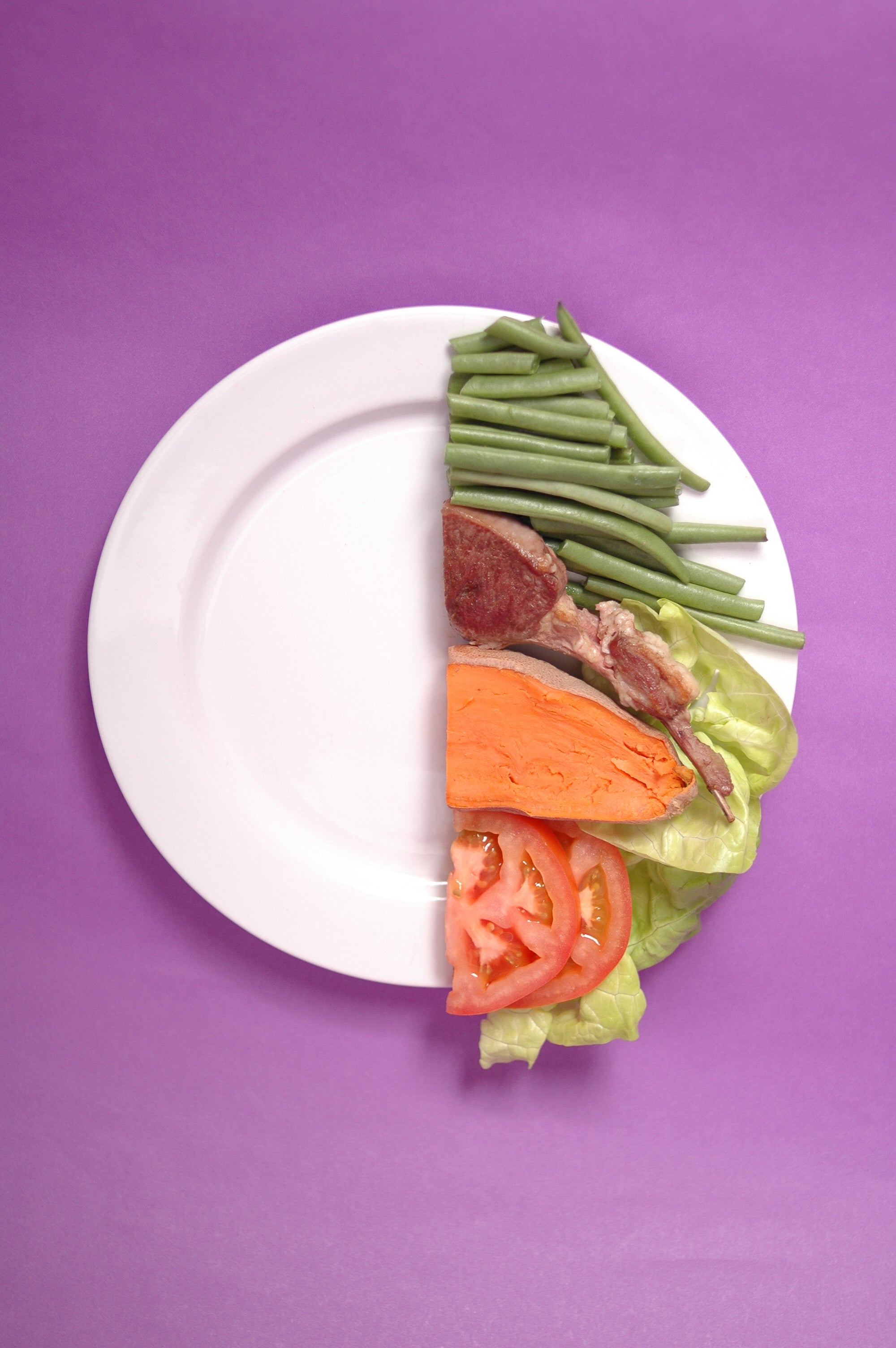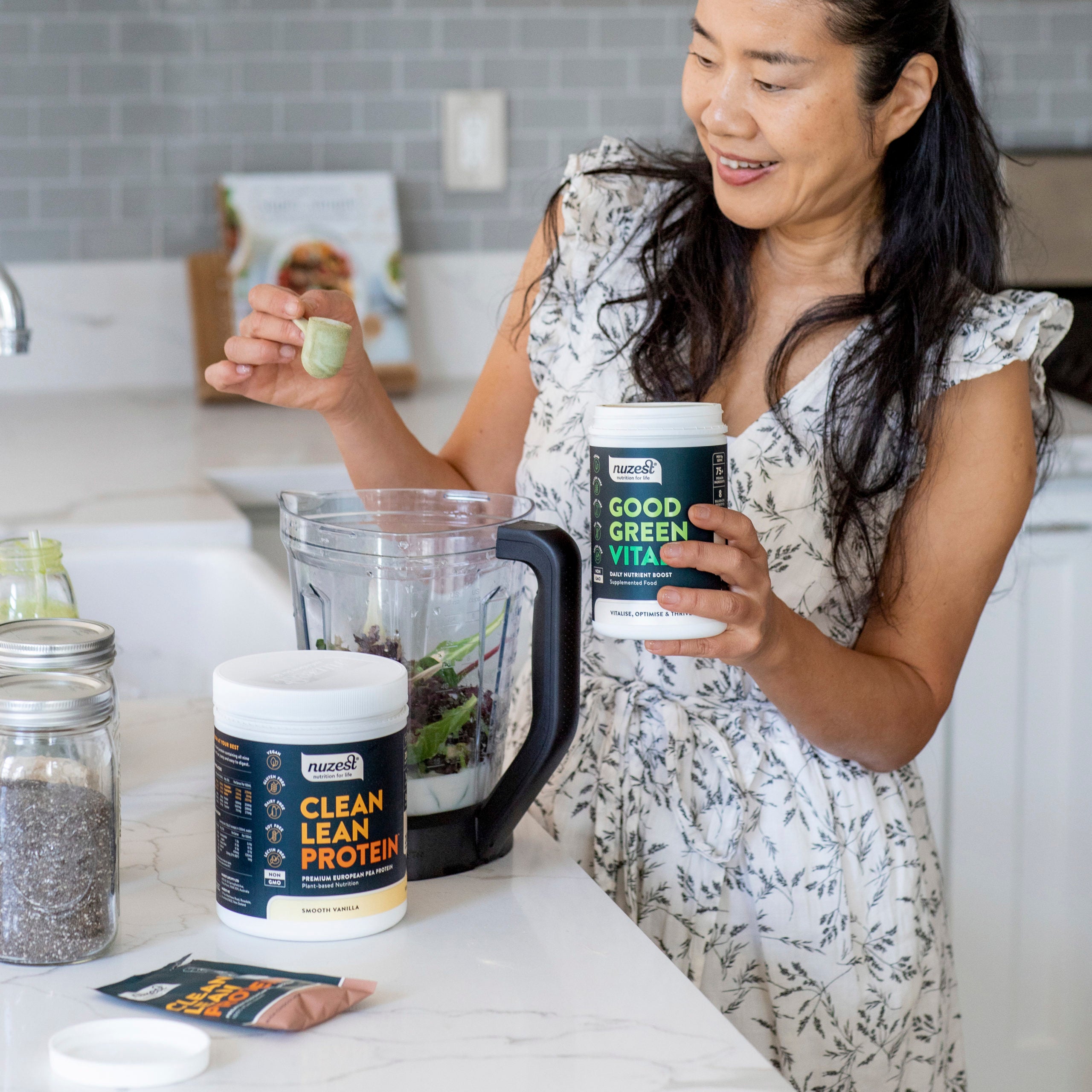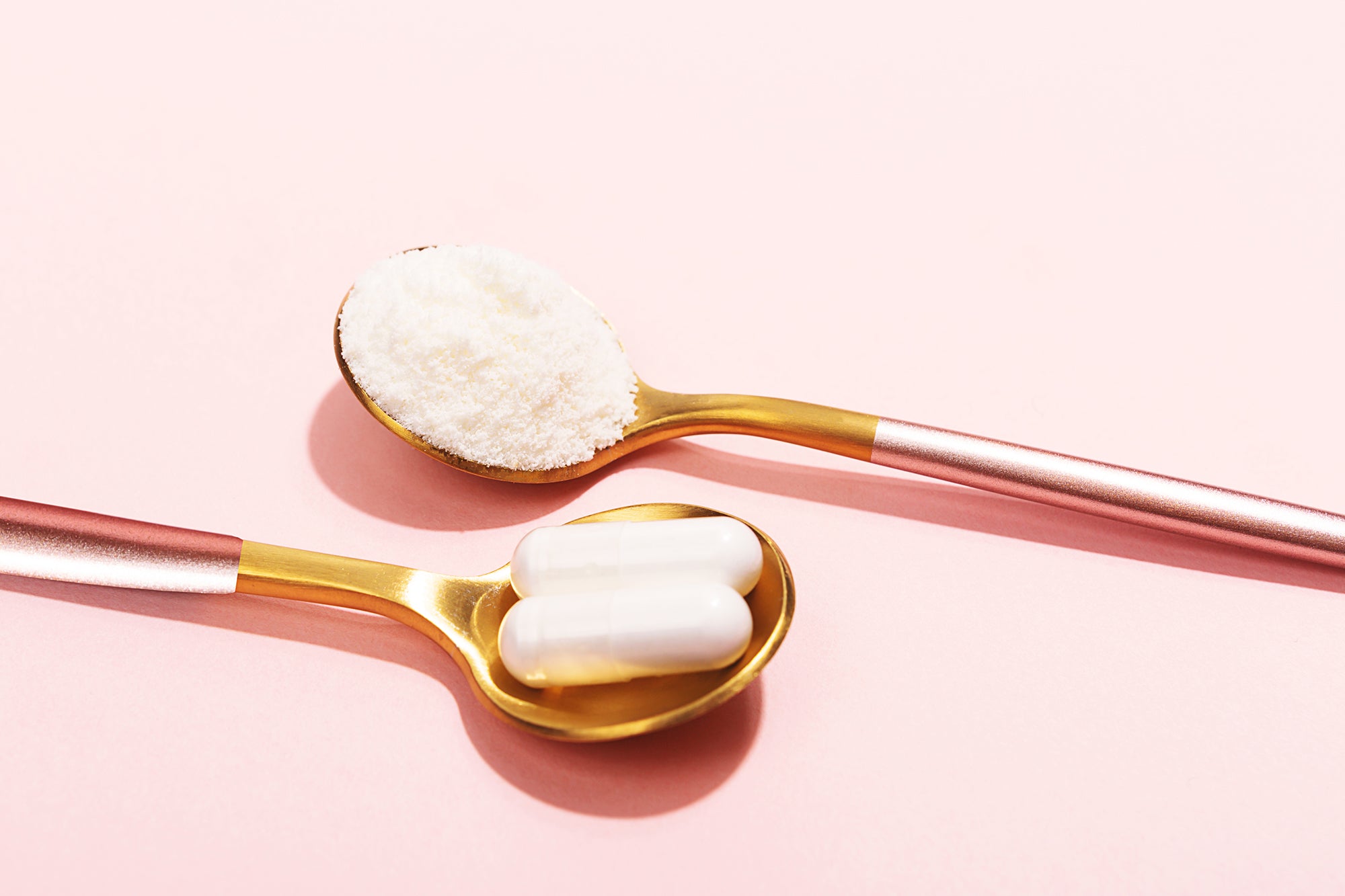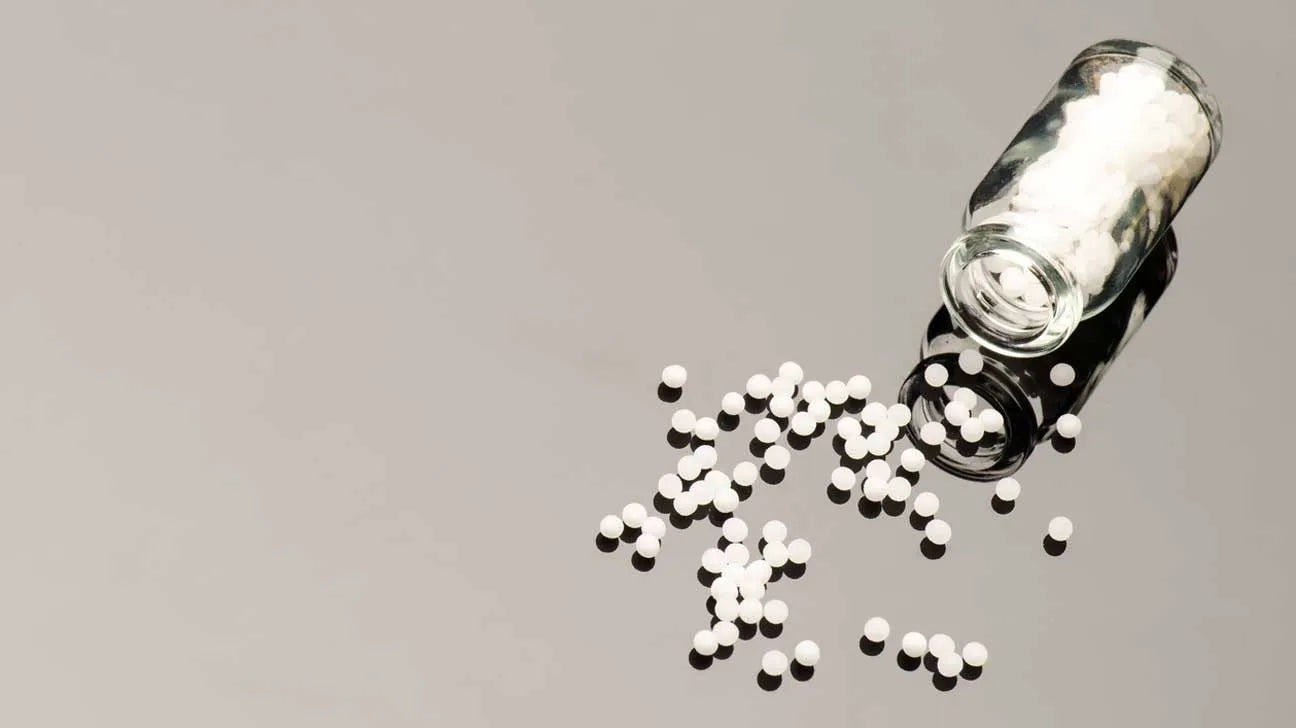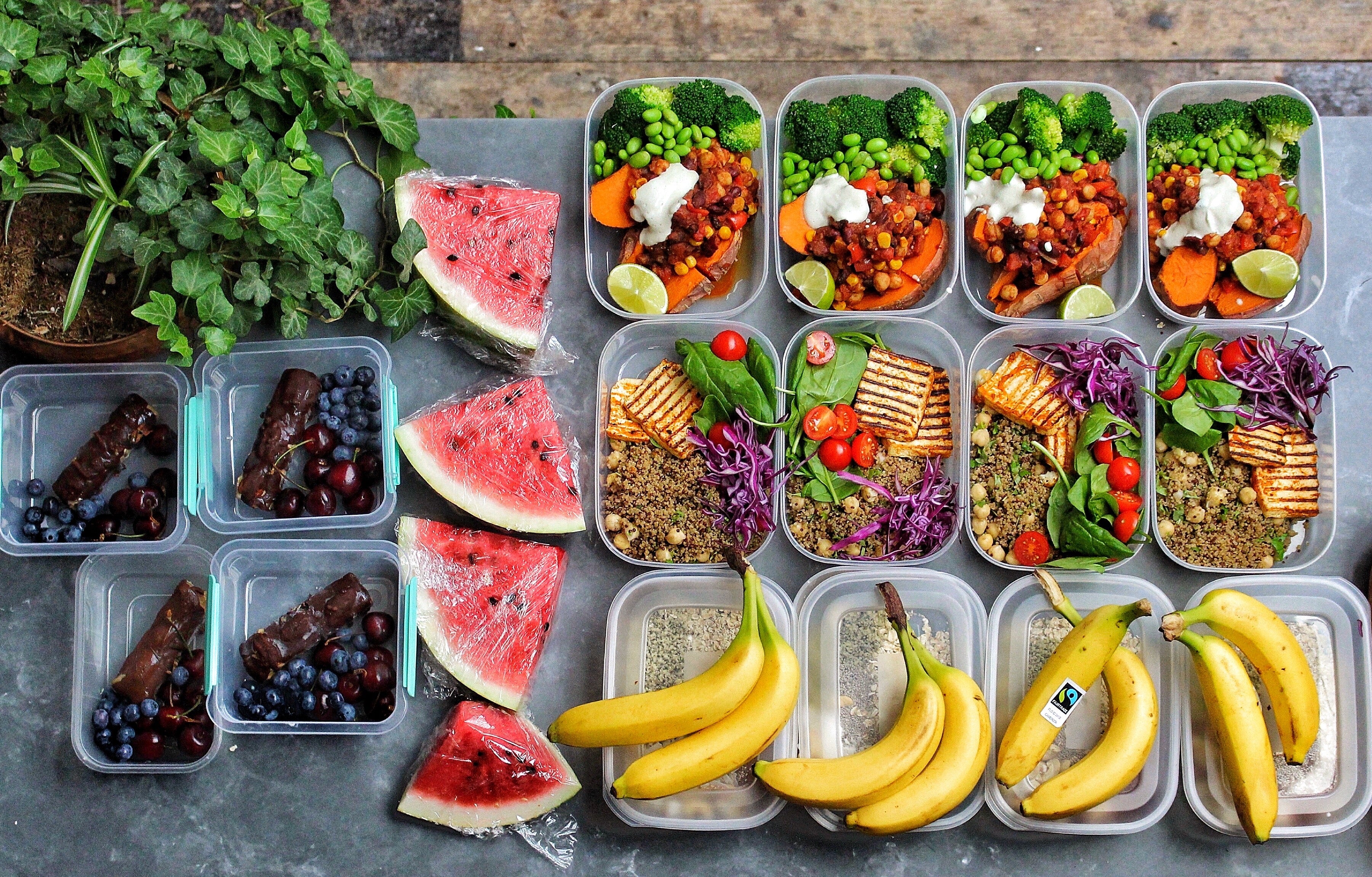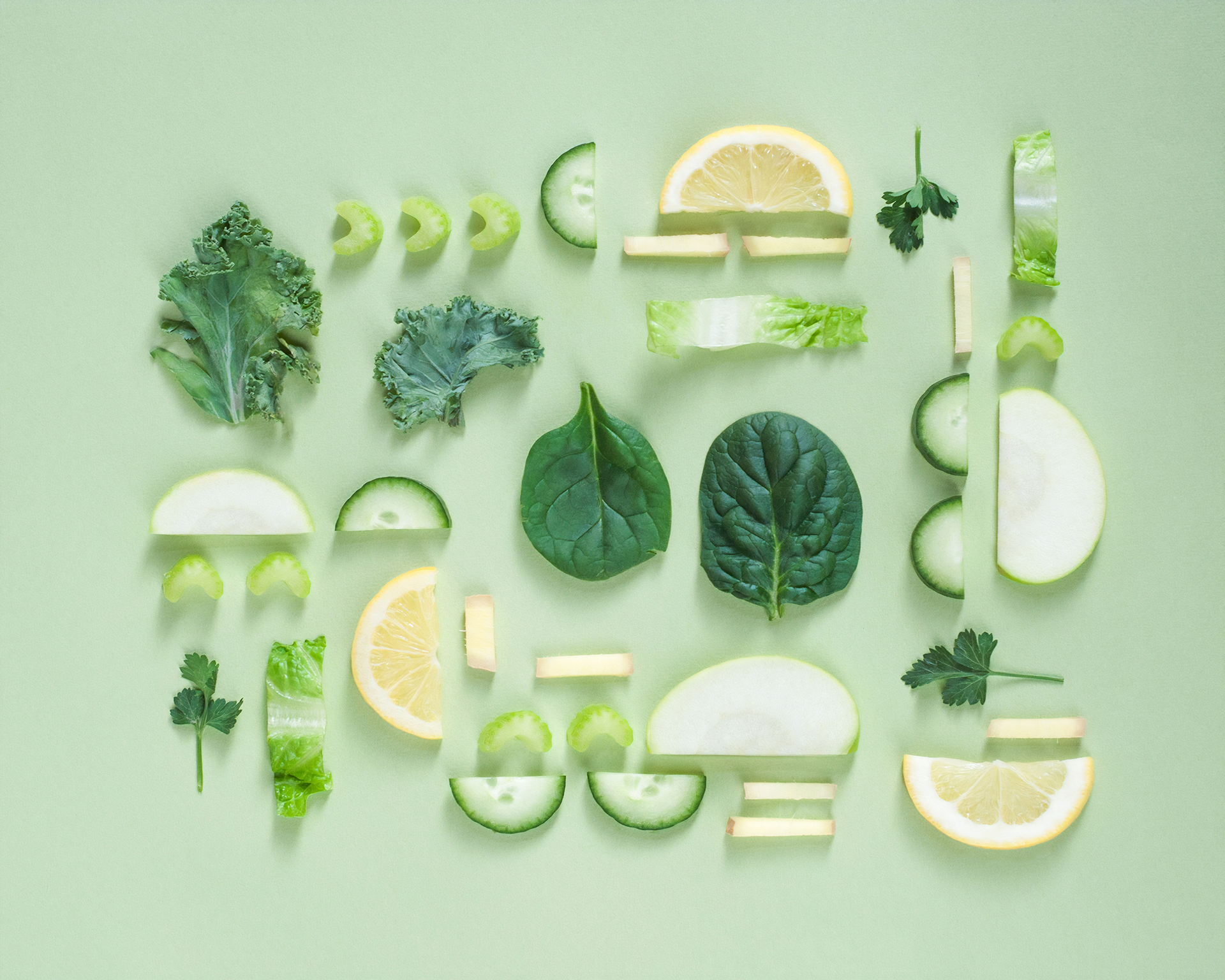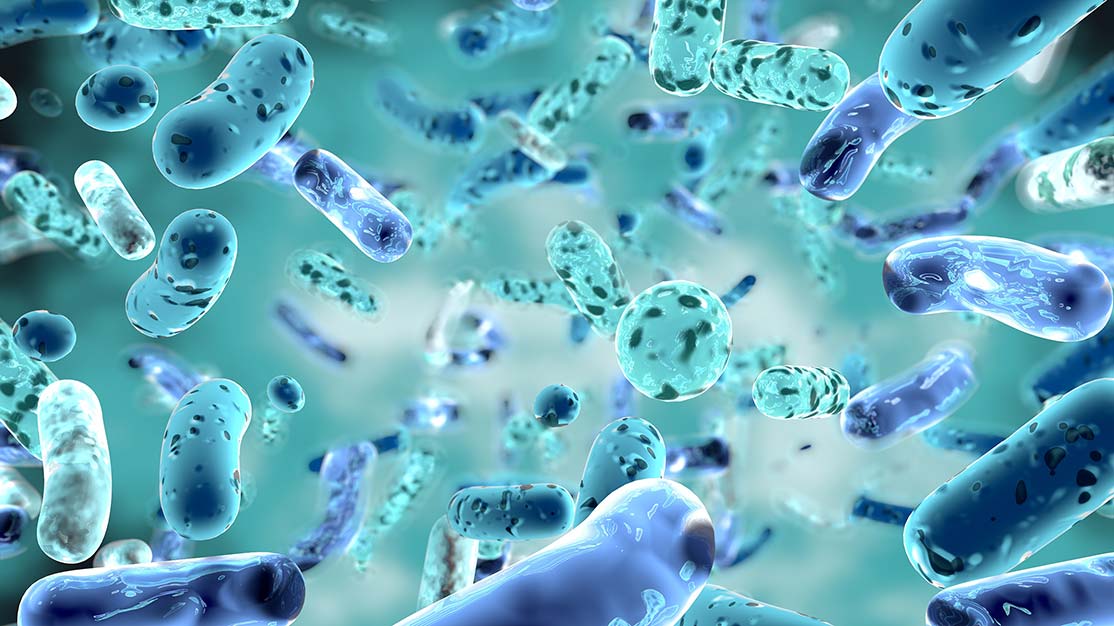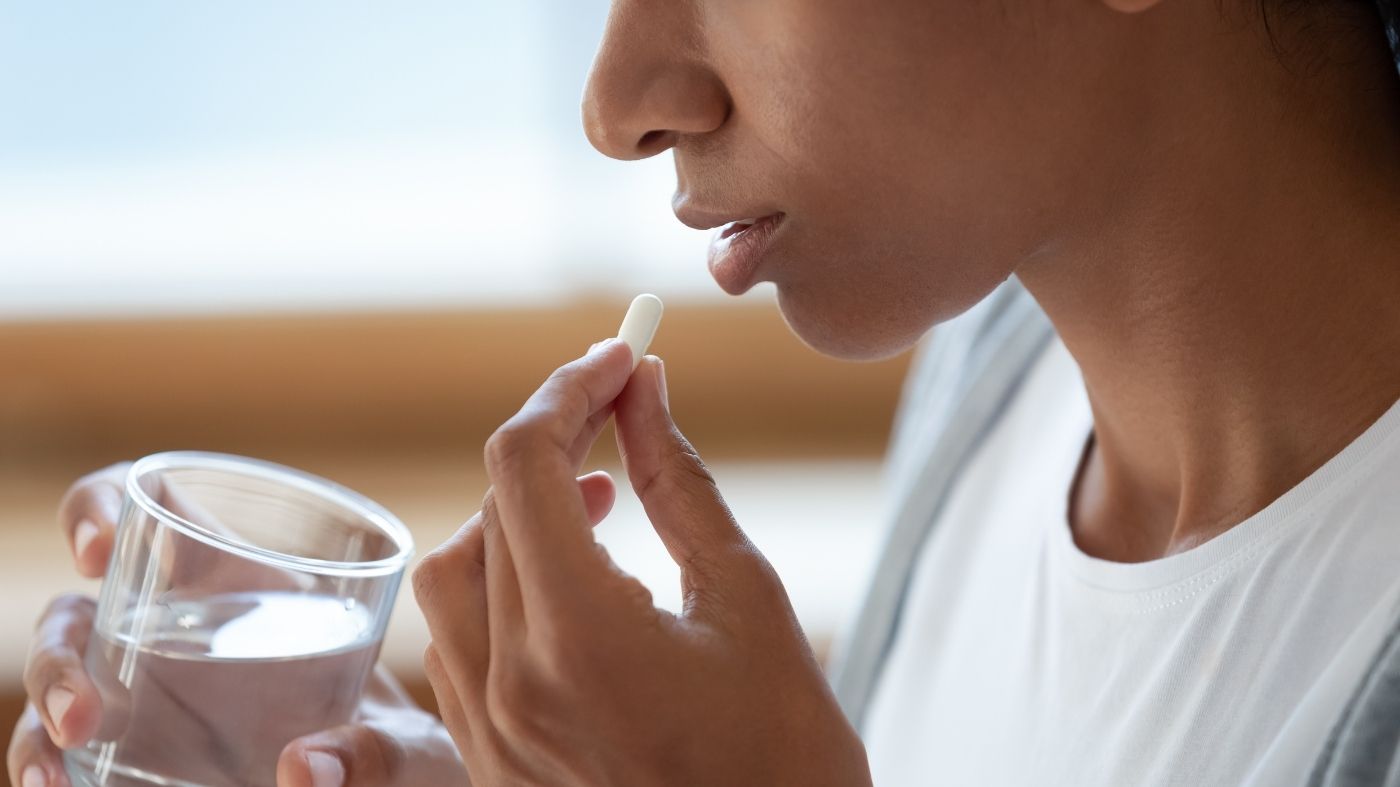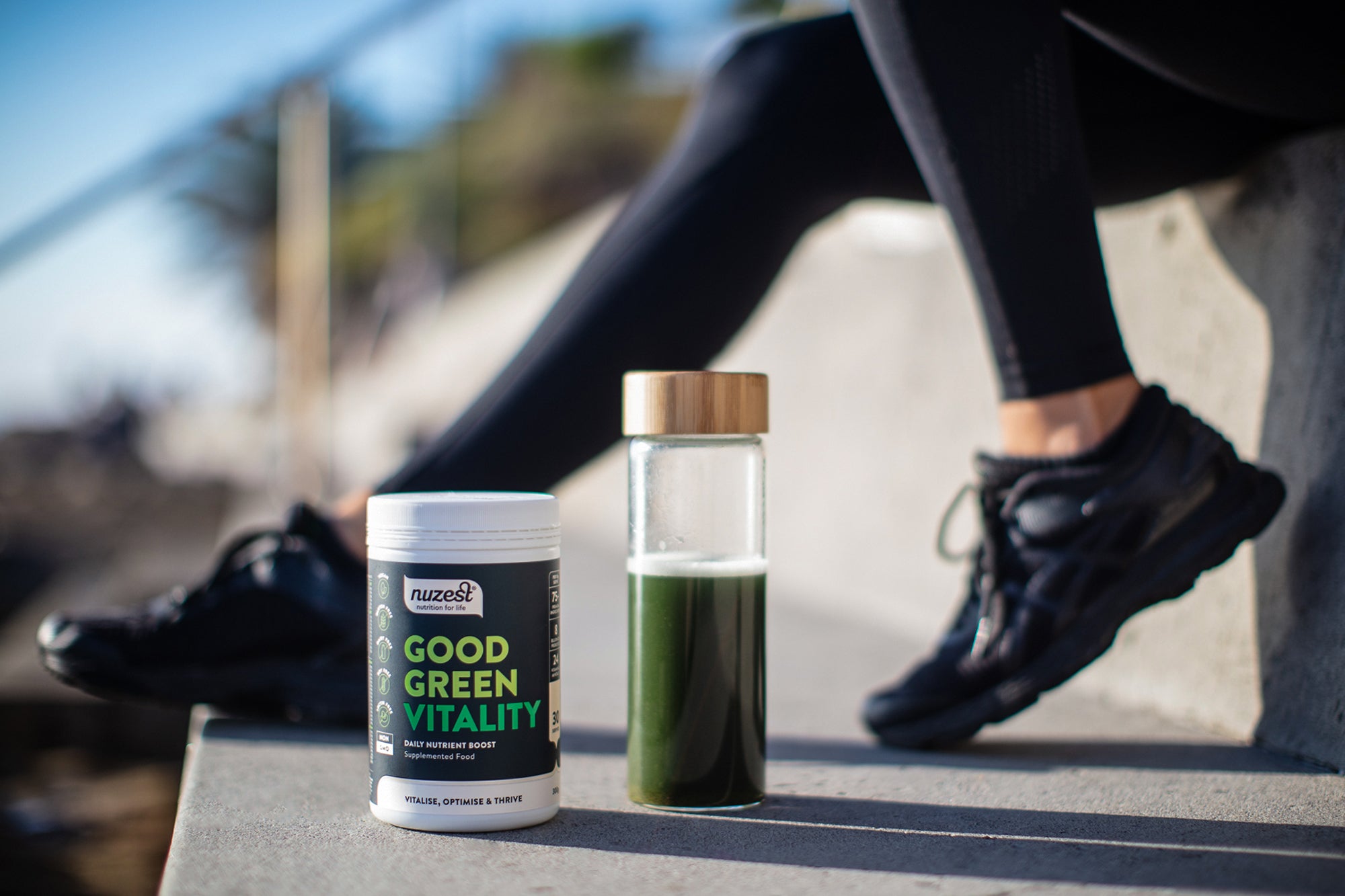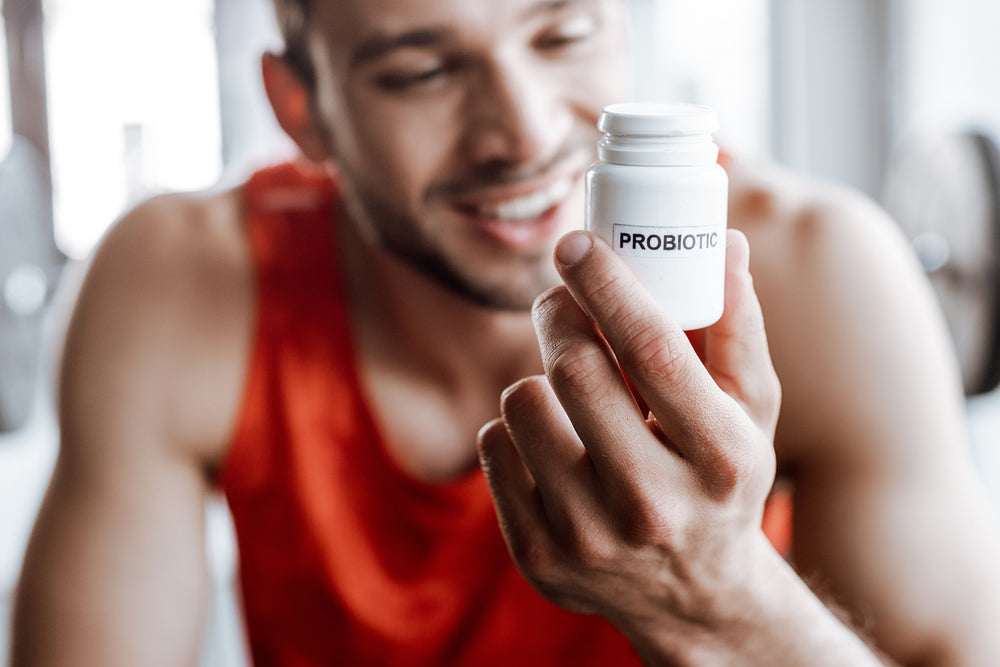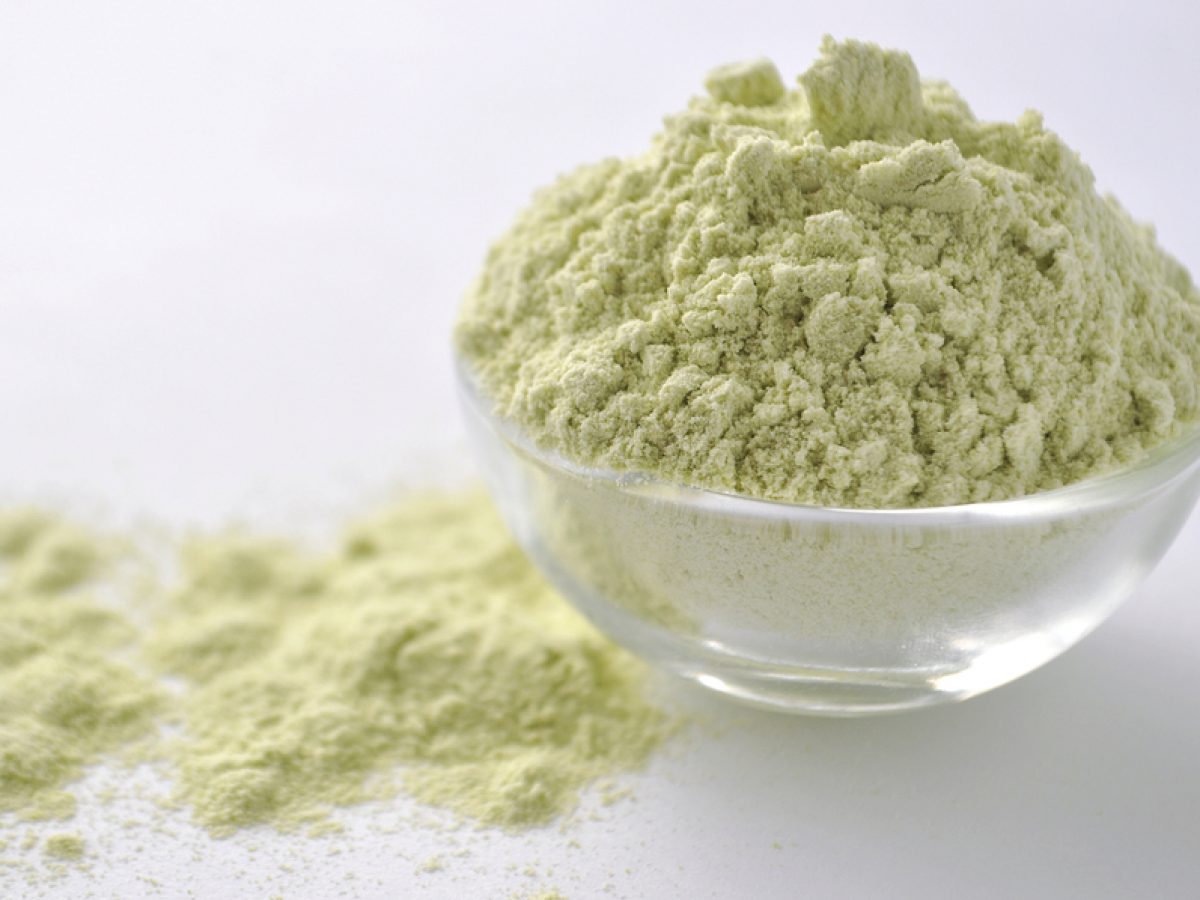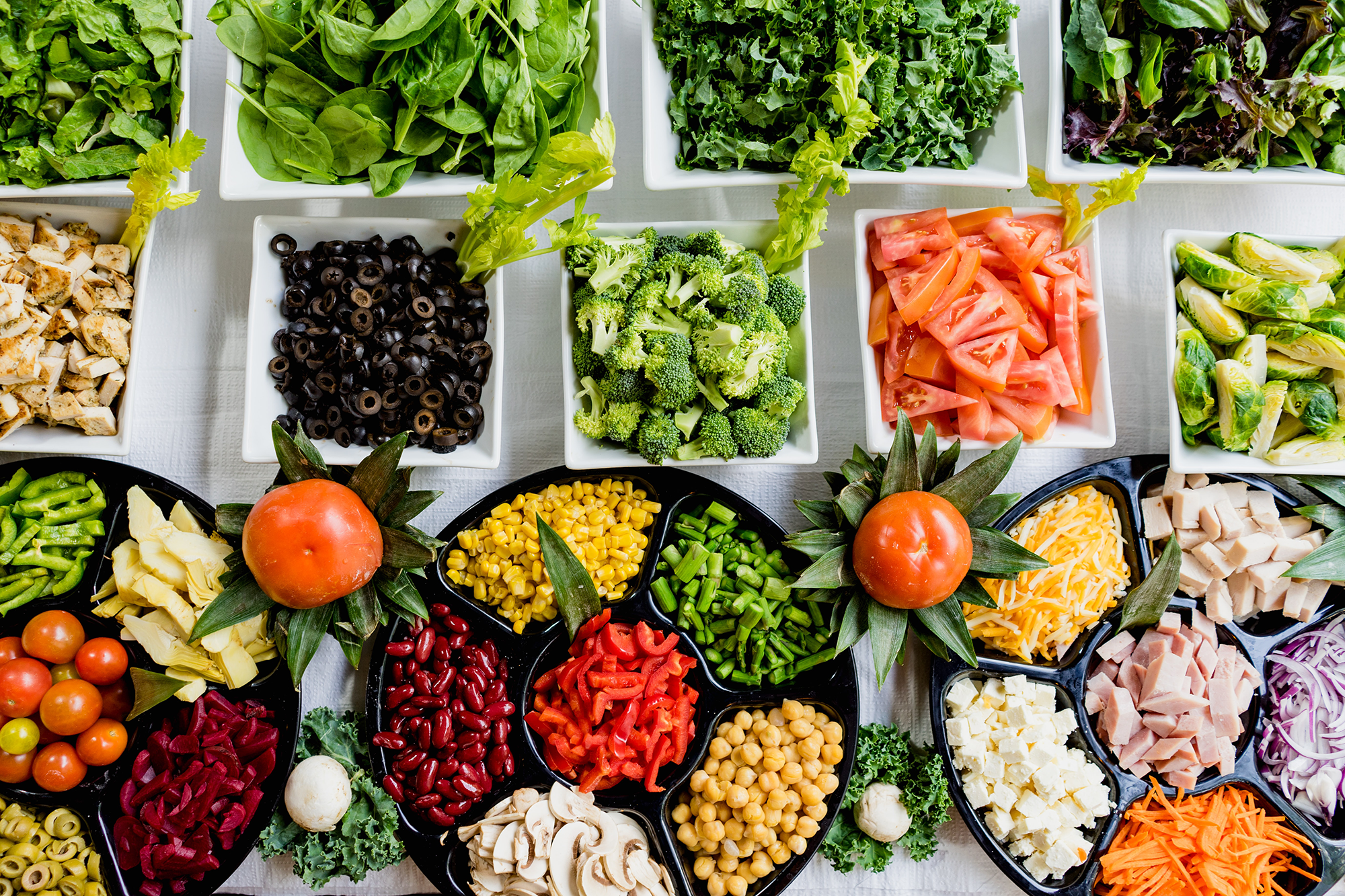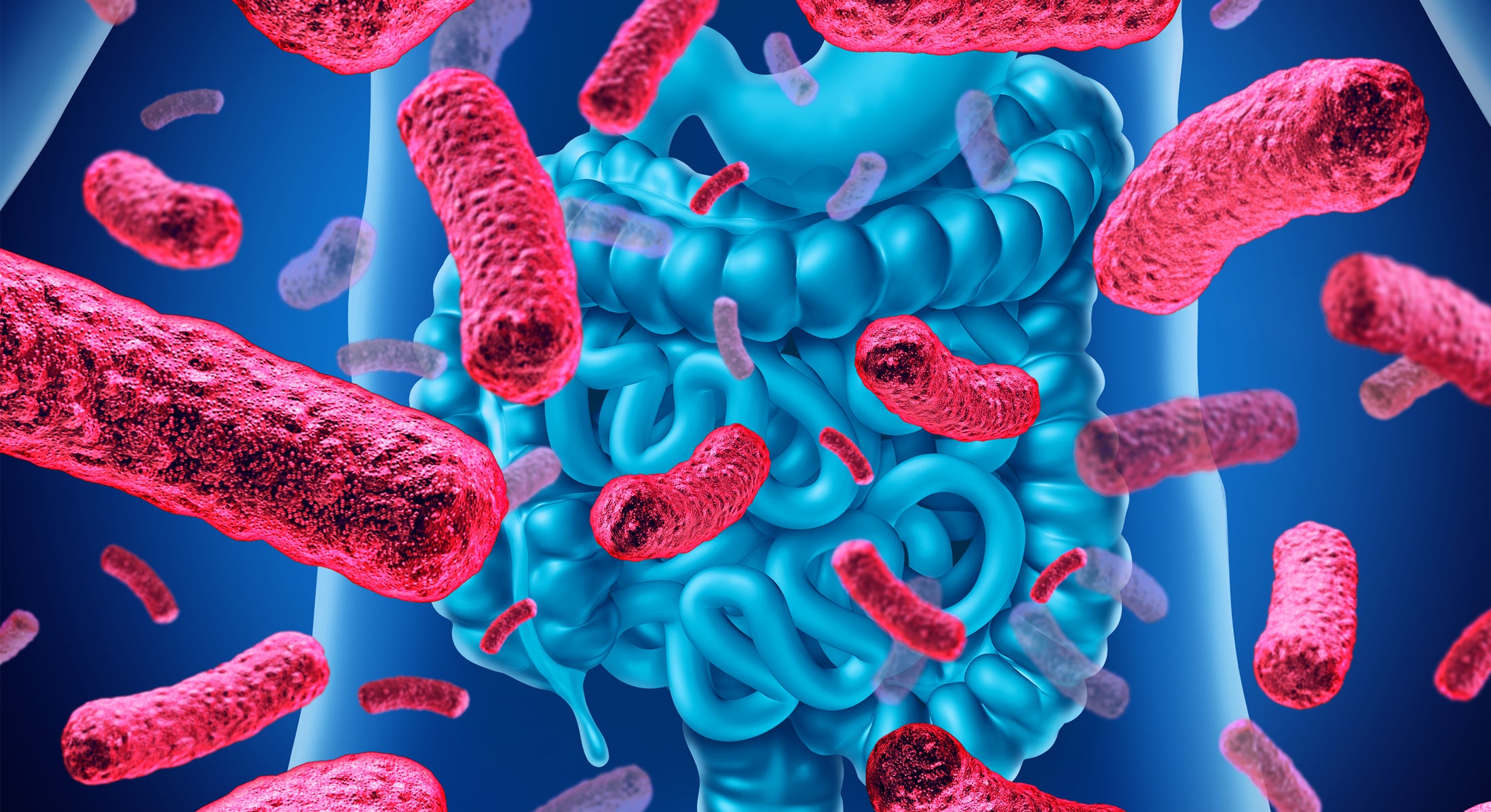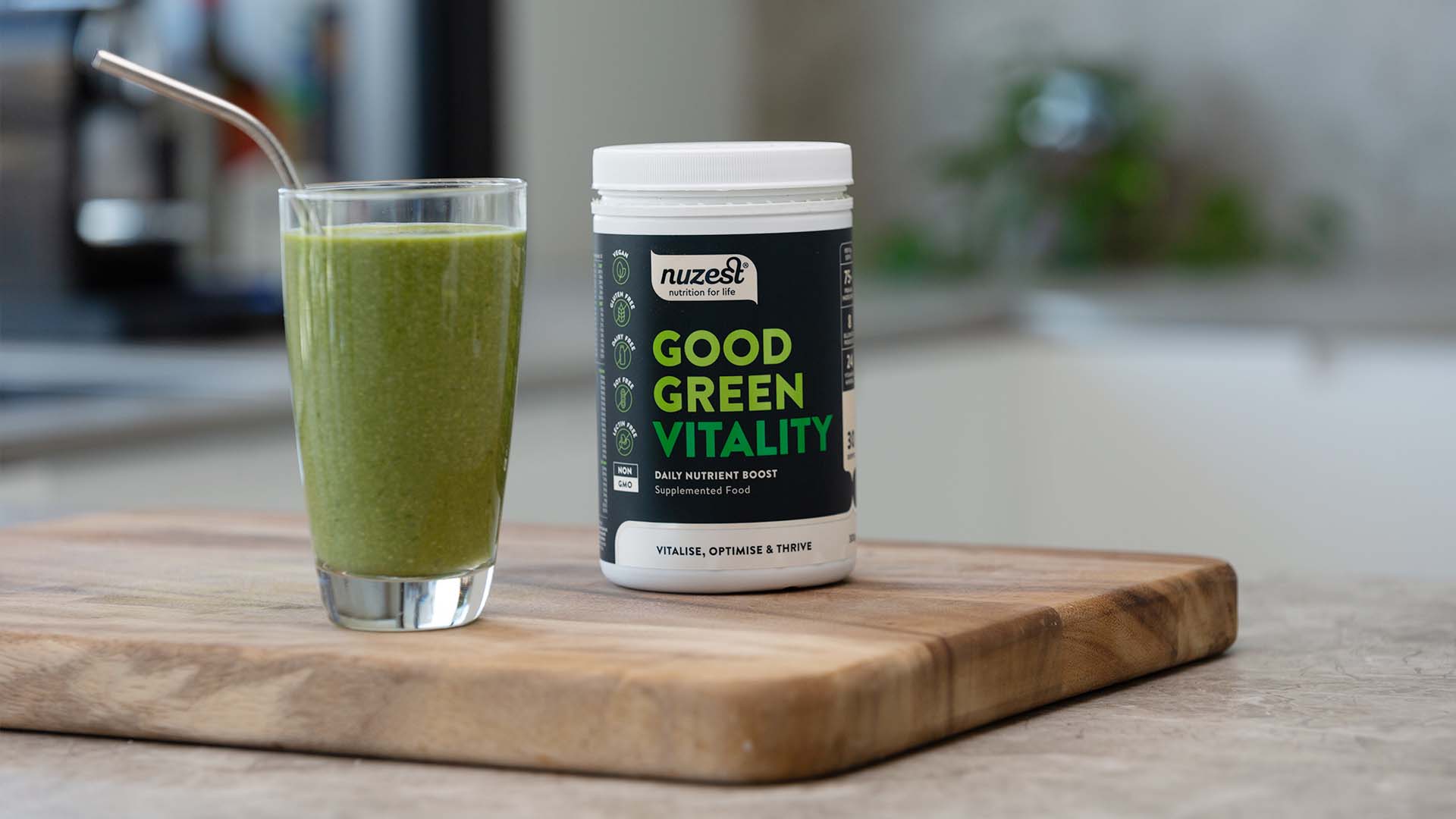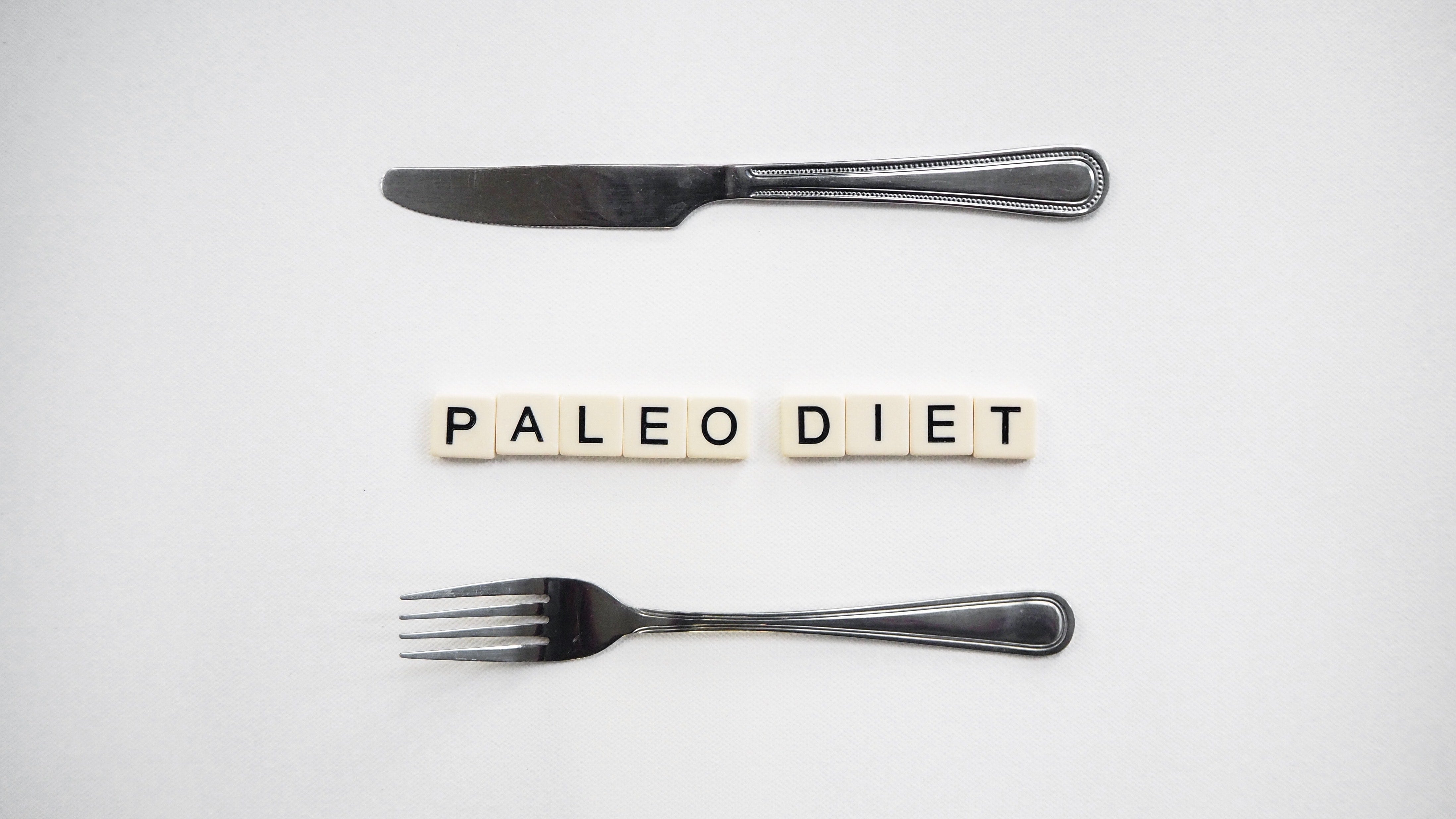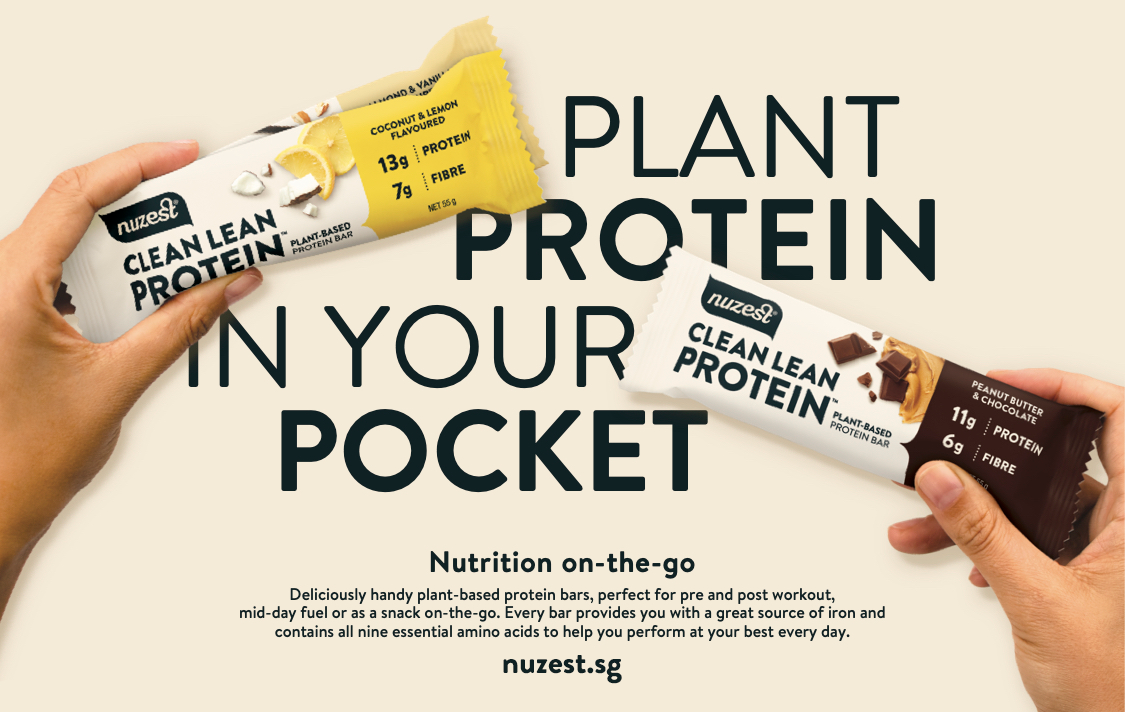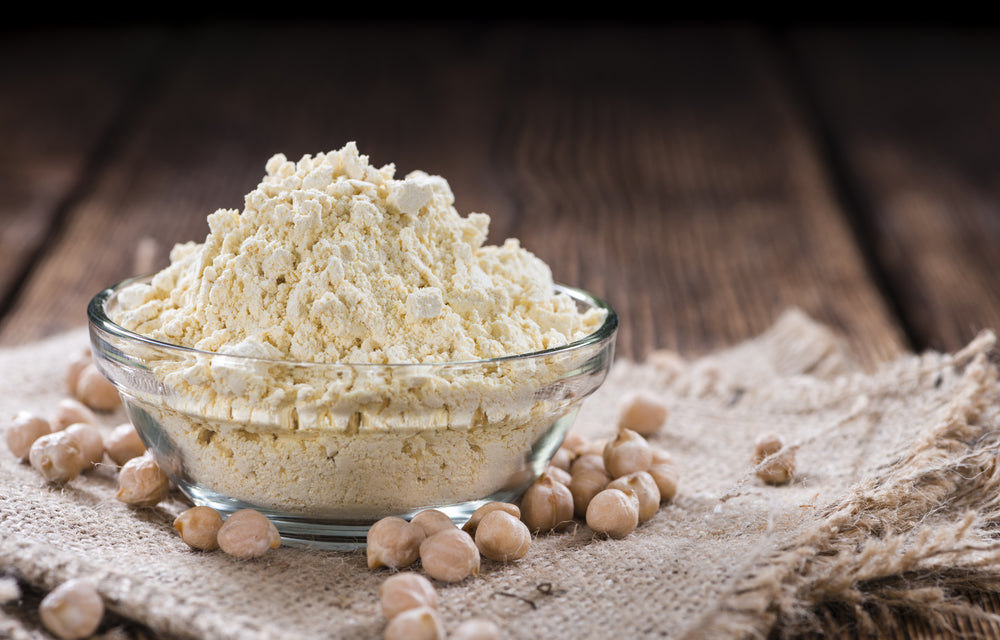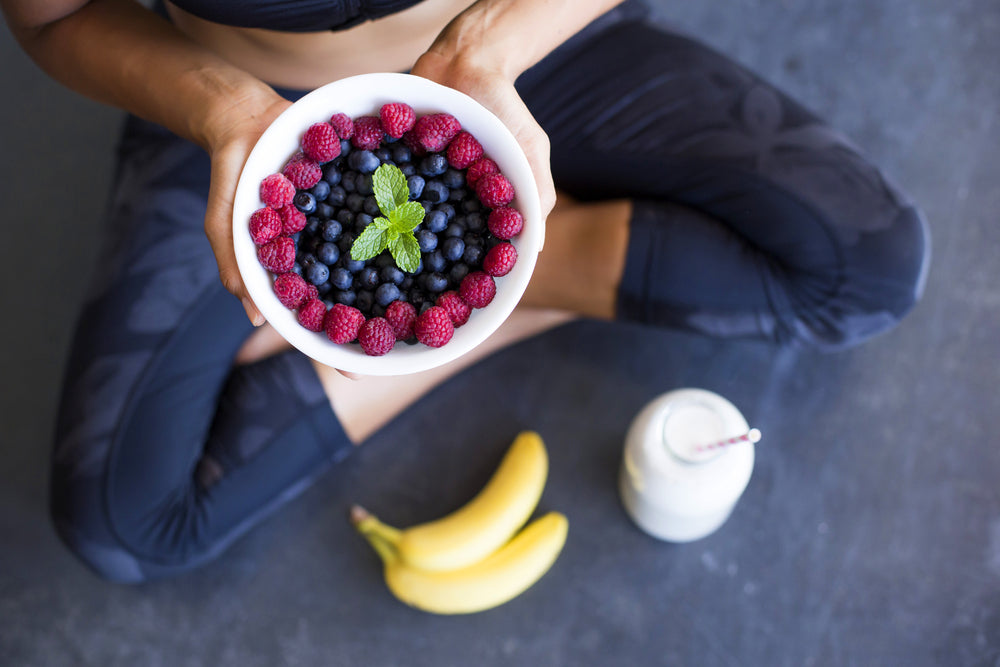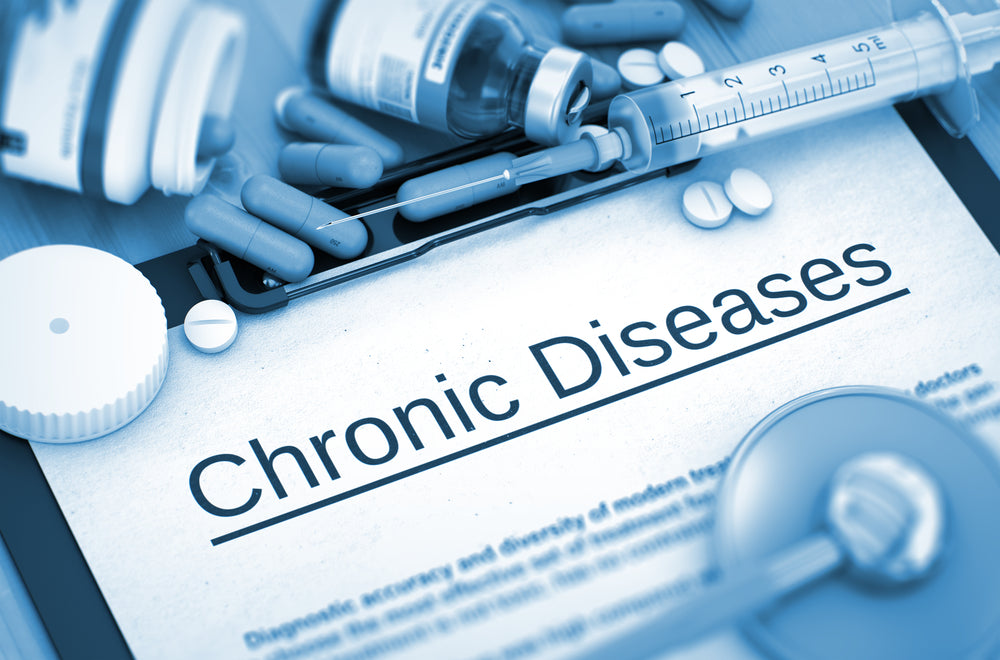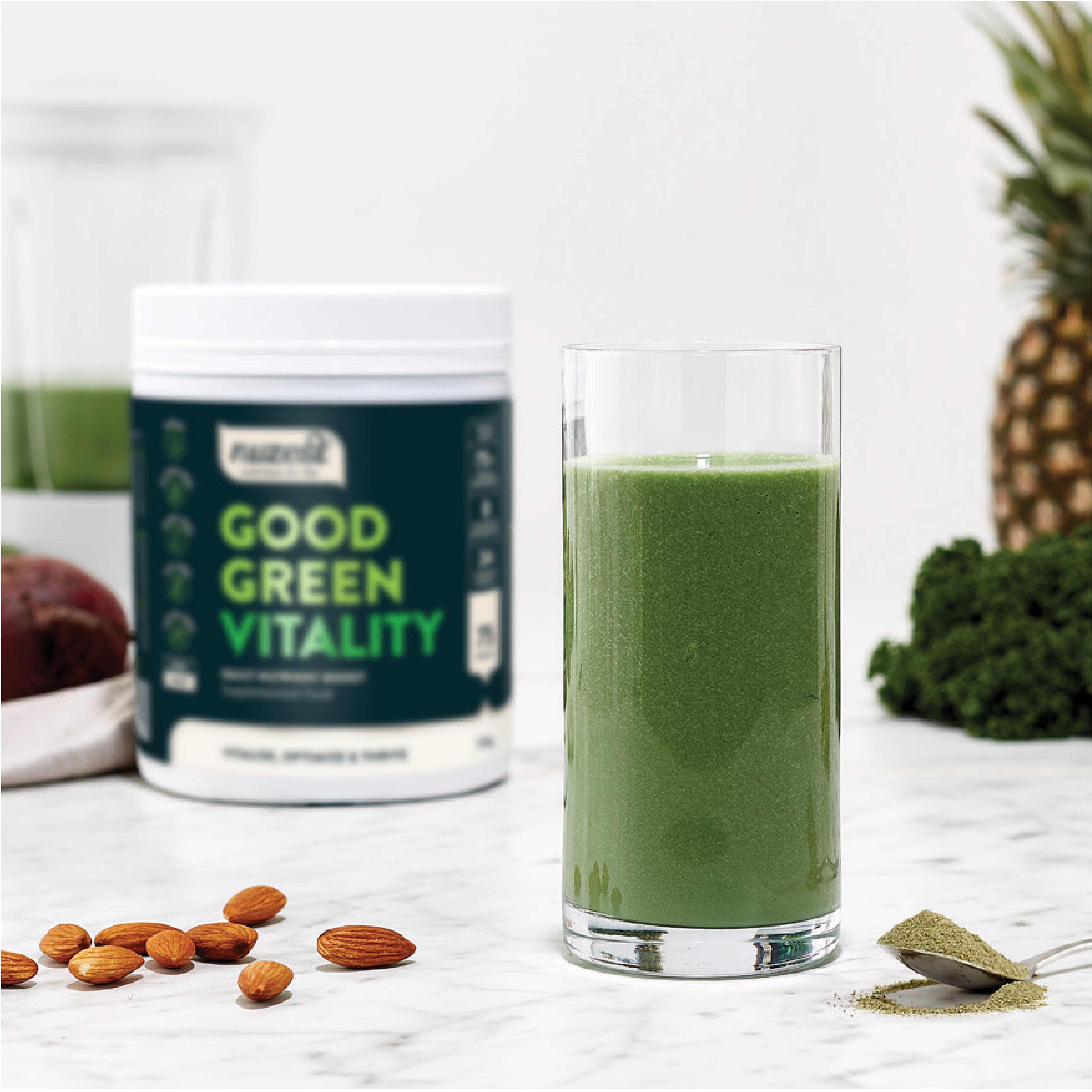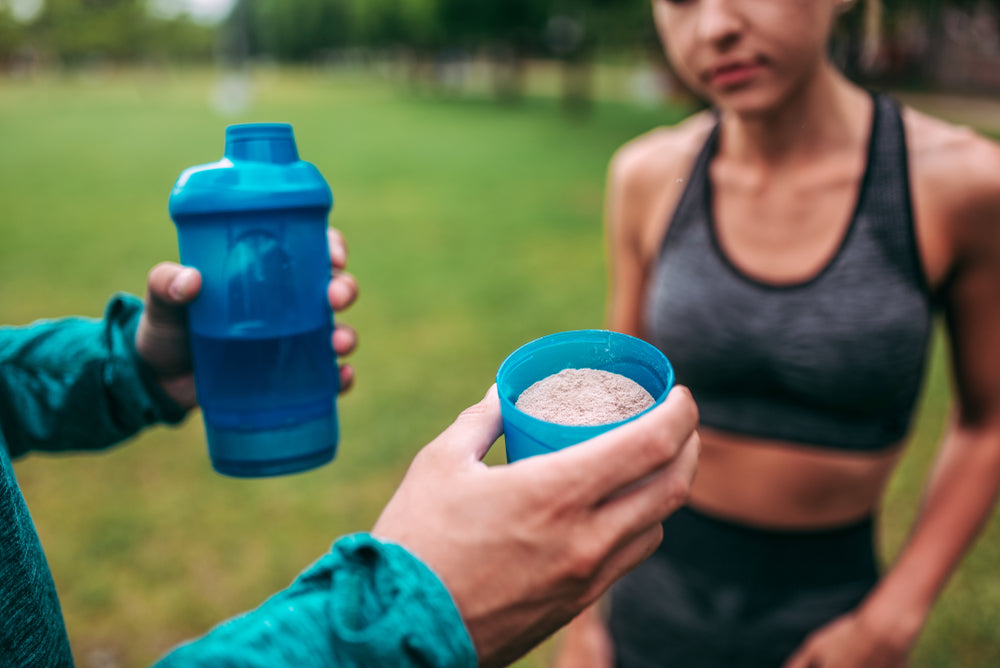What are the vitamins necessary for children's eye health? Common eye disorders among children are mostly linked to certain vitamin deficiencies. That is why parents need to be conscious that their children are well-nourished to avoid developing such unwanted conditions at an early age.
Parents must know that vitamin B-complex, C, A, and E are the most essential vitamins to promote children's eye health.
Vision through the eyes helps one feel safe and secured in their surroundings. Your children's eyes deserve the best care by making nutrition a top priority.
In this article, you will learn the role of each vitamin for eye health, its recommended dietary intake, and you will have a better understanding of why it is crucial to ensure your child is getting enough of these nutrients. Let's dive in!
Nutrition and Children's Eye Health
As children grow older, their eyes and vision undergo developmental changes as well. The concern about young children, they cannot tell or express that they are having vision problems.
When it comes to eye problems, nutrition is often overlooked as one of the interventions to support children's visual development. The quality of your children's diet is one of the significant factors that can cause unwanted conditions related to the eyes.
Parents like you must ensure that your child is getting the proper nourishment to prevent nutrition-related eye problems.
If you suspect your child is having issues with their vision, a pediatric ophthalmologist can help diagnose and prescribe interventions.
Vitamins for Children's Eye Health
You can find these vitamins in many natural food sources and also in dietary supplements. The most important vitamins for children's eye health include:
Vitamin B-complex
Vitamin B complex is composed of B vitamins essential for cell metabolism and red blood cells synthesis. For eye health, these are the vital B vitamins:
Vitamin B1
Also known as thiamine, Vitamin B1 holds an essential role in the body's cell function and food to energy conversion. It can also help to reduce the risk of cataracts.
Although cataracts commonly occur in adults, they can also happen in children. According to a study, a diet high in thiamine can lower one's risk of developing cataracts by 40%.
For every serving of our Nuzest's Kids Good Stuff, it contains 2.2mg of vitamin B1, covering 293% of your child's daily need for this vitamin.
Vitamin B2
Also known as riboflavin, Vitamin B2 can potentially fight against oxidative stress in the body, including in the eyes.
Cataract formation is believed to be associated with riboflavin deficiency. Like Vitamin B1, researchers found that having a sufficient supply of riboflavin in the body can potentially prevent cataracts.
For every serving of our Nuzest's Kids Good Stuff, it contains 3.4mg of vitamin B2, covering 354% of your child's daily need for this vitamin.
Vitamin B3
Niacin (vitamin B3) is essential to help convert food into energy. It is also an antioxidant that fights can help prevent oxidative stress.
The deficiency of niacin is linked to glaucoma, an eye condition related to optic nerve damage. Glaucoma can also occur in babies and children. It is referred to as congenital glaucoma, pediatric, or infantile glaucoma.
Lately, studies have found that niacin can help in the prevention of glaucoma. Thus, niacin supplementation can serve as an effective intervention against this eye condition.
Foods high in niacin include meat (beef, poultry, and fish), mushrooms, peanuts, and legumes. For every serving of our Nuzest's Kids Good Stuff, it contains 10mg of vitamin B3, covering 81% of your child's daily need for this vitamin.
Vitamins B6, B9, and B12
Researchers found that vitamins B6, B9, and B12 play an important role in eye health. The combination of these B vitamins can help prevent macular degeneration at an early age.
Macular degeneration, a genetic disease, can affect children anytime from birth or until their twenties. When the body's homocysteine level is high, the higher the risk of developing AMD.
According to a clinical study, vitamins B6, B7, and B12 can help reduce the risk of developing macular degeneration up to 34% For every serving of our Nuzest's Kids Good Stuff, it contains 1.6mg of vitamin B3 (160% of RDI), 200μg of vitamin B9 (67% of RDI), and 5μg of vitamin B12 (278% of RDI).
Overall, vitamin B-complex is found in many food sources. It includes dark green vegetables, whole grains, fruits, dairy products, eggs, meat (red meat, chicken, and fish), and legumes.
A child's recommended daily allowance for specific B-vitamins are:

Vitamin C
Vitamin C, widely known as ascorbic acid, is a powerful antioxidant that can provide protection against the damaging effects of free radicals. Furthermore, it is also an essential nutrient needed for collagen synthesis.
Collagen serves as a building block for many structures of the eye - the cornea, choroid, sclera, uvea, and vitreous. Vitamin C is also found to have the potential to help lower the risk of cataracts.
Vitamin C is found in many fruits (oranges, kiwi, lemons, papaya, and etc.), and vegetables (kale, spinach, broccoli, and etc.).
The recommended daily intake of vitamin C for children 4–8 years old is 25mg and 45mg for children 9-13 years old.
Our Kids Good Stuff contains 100mg of vitamin C per serving. That covers 261% of your child’s daily need for vitamin C.
Vitamin A
Vitamin A is an important nutrient and a potent antioxidant for children’s vision. It maintains visual clarity in the cornea, the outside covering of the eye.
Xerophthalmia, a progressive eye disease, happens if the body is severely deficient of vitamin A. It dries out the eyes and tear ducts, and eventually, softens the cornea. As a result, it can lead to night blindness if not treated immediately.
Vitamin A can also prevent other eye afflictions such as cataracts and age-related macular degeneration.
Foods rich in vitamin A are sweet potatoes, leafy greens and yellow vegetables, pumpkins, bell peppers, and more.
The recommended daily intake of vitamin A is 400mcg for children 4 to 8 years and 600 mcg for children 9-13 years old.
The Kids Good Stuff contains 400μg of vitamin C per serving. That covers 63% f your child’s daily need for vitamin A.
Vitamin E
Vitamin E is another strong antioxidant for eye health. It prevents oxidative damage in the retina and also maintains the clarity of the lens. A diet high in vitamin E can also help lower the risk of cataracts.
Dietary sources rich in vitamin E are generally found in nuts and seeds - almonds, sunflower seeds, and hazelnuts. You can also get vitamin E from avocado, avocados, sweet peppers, and mangoes.
The recommended daily intake of vitamin E is 7mg for children 4 to 8 years and 11mg for children 9-13 years old.
For every serving of our Nuzest’s Kids Good Stuff, it contains 10mg of vitamin E, covering 122% of your child’s daily need for this vitamin.
Why Kids Good Stuff?

Nuzest’s Kids Good Stuff is a delicious nutrient-dense nutritional support that your kids can greatly enjoy while growing healthily from the inside out!
Here’s more about our Kids Good Stuff:
★ Low sugar | Vegan | Gluten-free | Dairy-Free | Nut-Free | Non-GMO
★ Made from real food including 11 different fruit and veg
★ Vitamin and mineral boost helps to fill any nutritional gaps in their diet
★ Good for everyone for all ages from 4 and up
★ For happier insides with pre-and probiotics
★ Supports healthy bones with 200mg calcium per serve
★ Aids growth and development with 8g of plant-based protein per serve
★ Nurtures learning and focus through brain-supportive nutrients
★ Provides long-lasting energy to help them live, learn, grow and play

KIDS GOOD STUFF
Kids Good Stuff is a great way to help your kids get all the nutrients they need to keep them happy and healthy from the inside out.Disclaimer:
The information provided on Nuzest is for educational and informational purposes only. The information provided on this site is not, nor is it intended to be, a substitute for professional advice or care. Please speak to your qualified healthcare professional in the event that something you have read here raises questions or concerns regarding your health.


